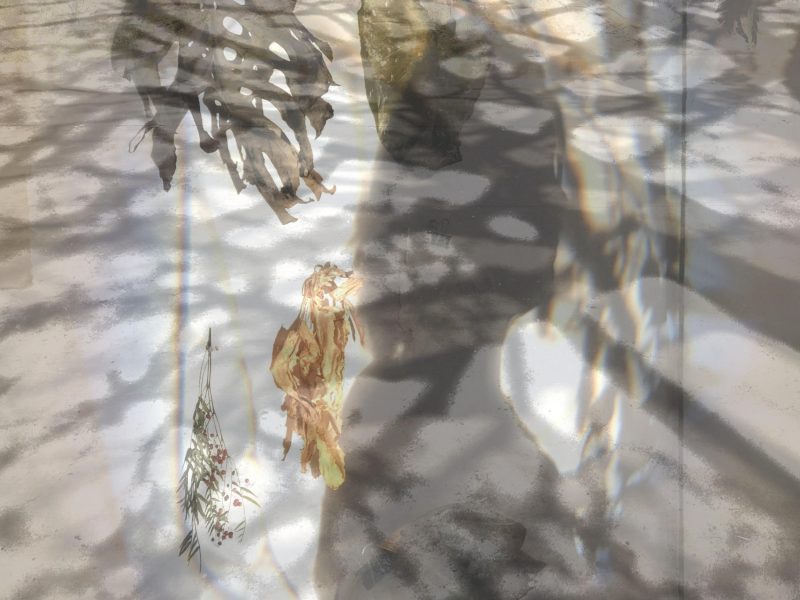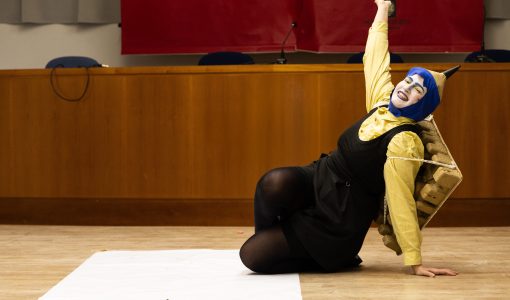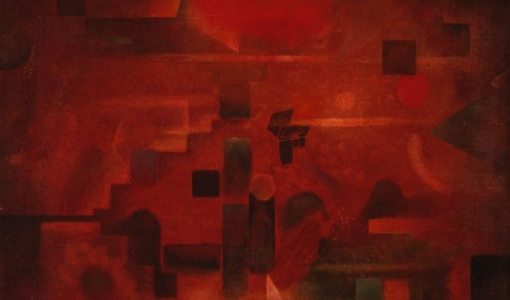
Plant intelligence. A derive
Dates
30.11.2024 | 10:30-13:00
Category
Education
Length
2 h 30 min.
Price
Free
Advance registration required at: inscripcions@museutapies.org
Become a Friend

rhizome {notebook} plant intelligence. A derive
As part of the Espais C programme and the research-action project rhizome {notebook} plant intelligence, by the artist Anita García, the creator proposes a derive in the area of the Museu Tàpies. A derive is a walk, normally in urban space, that has no pre-established destination. Anita García uses this practice as an instrument to research how we perceive plant species and relate to them. With the observations gathered from this derive and other research processes, the artist creates tools for promotion and learning to be integrated into projects dedicated to social design and artistic-community mediation, as related to formal and informal educational programmes that encourage ecological awareness and multi-species coexistence.
This activity is conceived for publics of all ages interested in art and education.
Anita García has a degree in Design, and has worked professionally in eco-design, art, mediation and social design. She has experience in arts management, teaching, educational consulting and sustainability, and has done projects in artistic research and mediation, participation and citizen co-creation.
As an artist, she researches and centres her work on the dialogue between art, science and design. She is inspired in nature, and her explorations seek to understand herself as an emotional-sensorial being in harmony with other living beings. Through her work, she undertakes reflection to establish the critical/creative/conceptual foundations making it possible to collaborate in actions intended to encourage social, environmental and economic equilibrium.
As a social designer and artistic-community mediator, Anita García conceives educational workshops, actions, kits, devices and cases. She facilitates and coordinates projects meant for entities in education, culture, business, the public administration and collectives. Further to this, she addresses a diverse set of issues such as gender perspectives, human rights, the environment, architecture, landscape, public space and co-existence.
Dates
30.11.2024 | 10:30-13:00
Category
Education
Length
2 h 30 min.
Price
Free
Advance registration required at: inscripcions@museutapies.org











